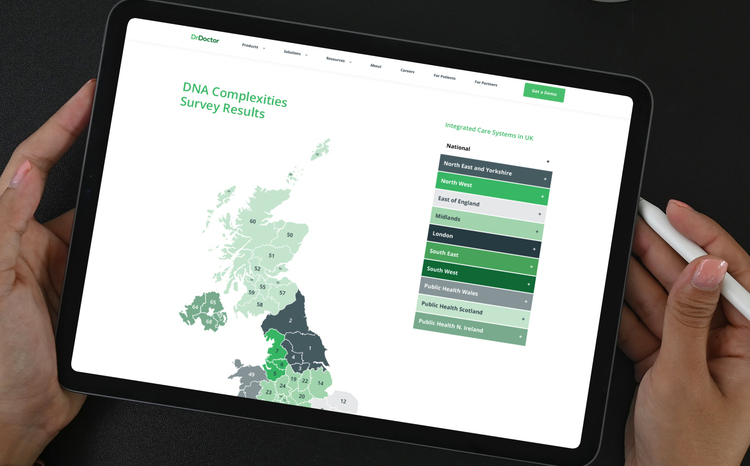DrDoctor study reveals why patients miss hospital appointments
- 23 October 2024

- A study of more than 5,000 UK patients from DrDoctor has revealed the main reasons why people miss hospital appointments
- The study found that the three biggest drivers of hospital did not attends (DNAs) are travel related challenges (50% of respondents), appointment anxiety (42%) and workplace commitments (27%)
- In 2023/24, eight million patients missed a scheduled appointment
A report from patient engagement platform supplier DrDoctor has revealed the reasons why people miss hospital appointments, costing the NHS around £960 million per year.
The study, conducted by Censuswide between 9 September 2024 and 23 September 2024, provides insights from 5,003 UK adults who have missed at least one NHS hospital appointment in the last two years.
It found that the three biggest drivers of hospital did not attends (DNAs) are travel-related challenges (50% of respondents), appointment anxiety (42%) and workplace commitments (27%).
In 2023/24, eight million patients missed a scheduled appointment, and elective backlogs currently stand at more than seven million patients.
Tom Whicher, chief executive and founder of DrDoctor, said: “The NHS is under a lot of pressure to fix the growing waitlist.
“Tackling that problem starts with reducing the number of patients being logged as DNA to prevent the backlog from growing.
“We’ve conducted the biggest patient survey into DNA patients because by understanding the challenges patients face, we can better apply AI technology in the right areas – which we know reduces the number of hospital appointments 30%.”
The research found that nearly half (46%) of patients who logged as DNA go on to miss more appointments.
A third (33%) of DNA patients did not make it from the point of referral to their first hospital appointment, in spite of 93% saying that they wanted to attend their appointment.
However, 29% of patients who wanted to rearrange their appointments were not able to because they could not get through to anyone on the phone and 19% stated that the process is too complicated.
More than half (52%) of DNA patients were aware that missed appointments are costing the NHS money, and more than half (53%) understand it adds to the length of the waitlist.
The survey comes as DrDoctor announces the rollout of its Smart Centre – a suite of five AI driven solutions, including the DNA Predictor, which help hospitals predict which patients are most likely to miss an appointment.
“Personalised and tailored AI technology will offer trusts a solution that meets their own individual drivers of DNAs, and that builds on the productivity benefits of hybrid healthcare,” Whicher said.
DrDoctor’s patient engagement portal is used across more than 70 NHS trusts and health boards in England including Countess of Chester Hospital NHS Foundation Trust, Gloucestershire Hospitals NHS Foundation Trust and Lewisham and Greenwich NHS Trust.




